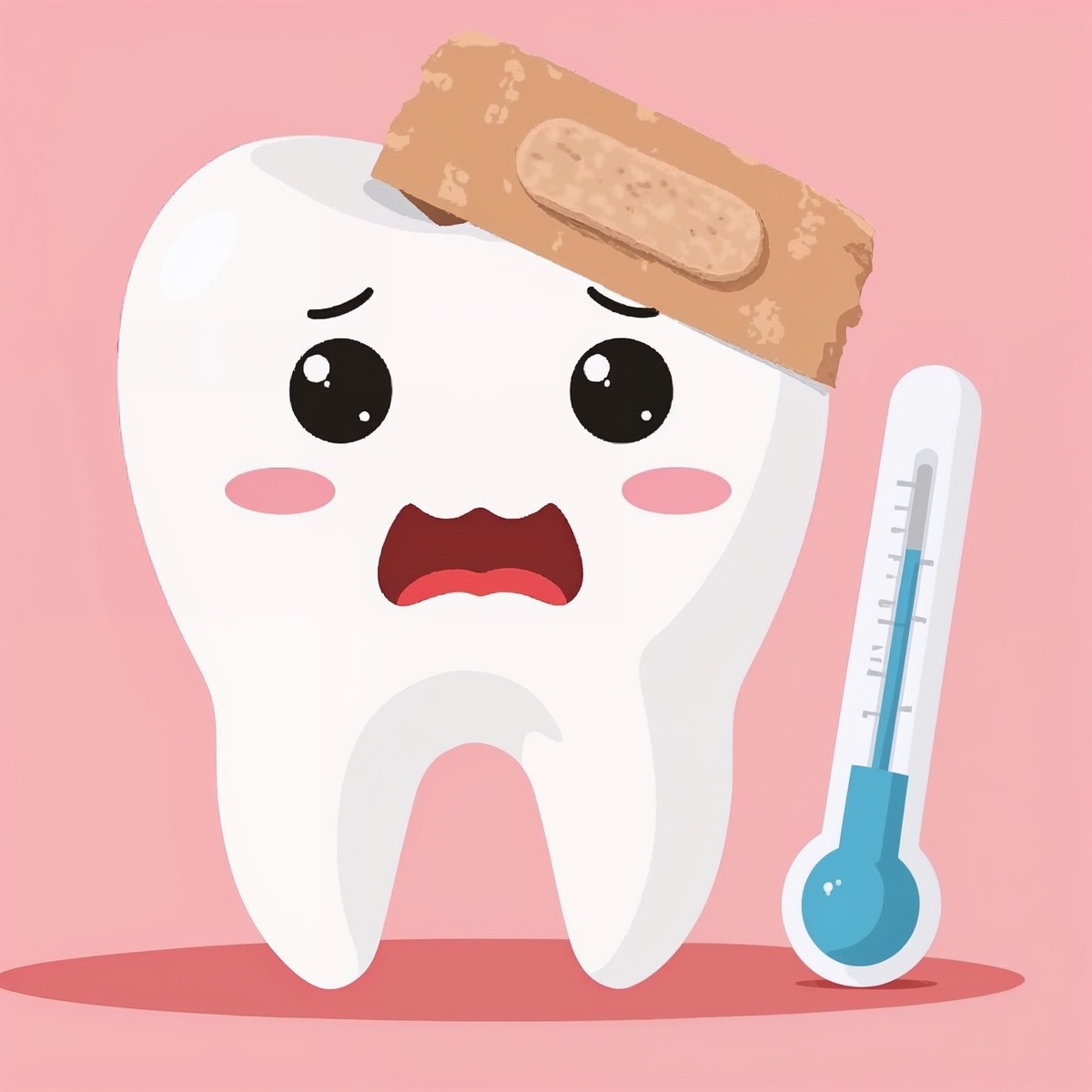Dental pain rarely comes at a convenient time. When a sudden, searing toothache strikes in the middle of the night or your crown pops off during an important dinner, the following panic can be as uncomfortable as the pain itself. Dental emergencies don’t follow a 9-to-5 schedule, but understanding what constitutes a true emergency can save you both discomfort and unnecessary worry.
At Dentistry on Main Street, we’re committed to providing prompt, compassionate care when dental emergencies arise. Our team understands the anxiety and discomfort accompanying unexpected dental issues, and we’re equipped to address a broad range of emergencies to restore your oral health and peace of mind.
The 5 Most Common Dental Emergencies
Not all dental problems need immediate attention, but recognizing these five major emergencies can help you take appropriate action and seek timely treatment when an urgent dental issue does occur.
1. Knocked-Out Teeth
Few dental emergencies are as alarming as having a tooth completely knocked out. This situation requires immediate action, as the chances of saving the tooth decrease significantly after about 30 minutes.
If your tooth gets knocked out, retrieve it by the crown (the part normally visible in your mouth), not the root. Gently rinse it with water if it’s dirty, but avoid scrubbing it or removing any attached tissue fragments. If possible, try to reinsert the tooth into its socket. If that’s not possible, place the tooth in a small container of milk, saline, or saliva to keep it viable. Then call our office immediately.
2. Cracked or Broken Teeth
A cracked or broken tooth can vary from a minor chip to a severe fracture, exposing the inner sensitive pulp. You can wait to see us during regular hours for minor chips without pain. However, if there’s pain, sharp edges, or you can see the tooth’s pulp, it’s an emergency.
To treat a cracked tooth, rinse your mouth with warm water and apply a cold compress to the outside of your face to minimize swelling. Take over-the-counter pain relievers if needed, but never place aspirin directly against your gums, as this can cause tissue damage.
3. Severe Toothaches and Abscesses
Persistent, severe toothaches often indicate an infection or abscess. If left untreated, these conditions can be serious and may lead to more significant health problems.
If you experience a severe toothache, rinse your mouth with warm salt water and gently floss around the painful tooth to remove any stuck food particles. Apply a cold compress to your face if there’s swelling. Avoid applying aspirin or other pain medications directly on the gums or teeth, as this can burn the tissue.
4. Lost Dental Restorations
When fillings, crowns, or other dental restorations fall out, they can leave teeth vulnerable to damage and infection. While not always painful, lost restorations can quickly become problematic.
If you lose a crown, try to secure it back on the tooth using dental cement, denture adhesive, or even toothpaste as a temporary measure. A piece of sugar-free gum (not regular gum) can serve as a temporary seal for a lost filling. Contact our office as soon as possible to schedule a proper repair.
5. Soft Tissue Injuries
Injuries to the gums, lips, cheeks, or tongue can result in significant bleeding and discomfort. These injuries may occur from accidental bites, falls, sports impacts, or other trauma.
After a soft tissue injury, rinse your mouth with a mild saltwater solution. Apply pressure with a clean piece of gauze or cloth to stop bleeding. A cold compress can help reduce swelling. If bleeding doesn’t stop after 15-20 minutes of pressure, seek emergency care immediately.
When to Seek Emergency Dental Care
While these five major dental emergencies typically require immediate attention, knowing exactly when to call and where to go can sometimes be challenging. According to the American Dental Association, nearly 2 million dental emergencies are seen in hospital emergency departments rather than dental offices. Many of these cases can be referred to dental clinics for emergency appointments designed specifically to treat the primary cause of your dental problem rather than alleviate symptoms.
Severe pain, significant bleeding, or facial swelling typically indicate an actual emergency. Additionally, any trauma resulting in loose, broken, or knocked-out teeth demands urgent care. Infections accompanied by fever, swelling, or difficulty breathing or swallowing should never be postponed.
For issues like a lost filling or crown without significant pain or a minor chip without sensitivity, you can often wait for the next available appointment. However, we still recommend contacting our office as soon as possible for guidance.
Contact Us at Dentistry on Main Street for Dental Emergency Care
When dental emergencies strike, prompt, professional care is crucial for reducing pain and preventing further complications. At Dentistry on Main Street, we prioritize emergency cases and strive to see patients experiencing true emergencies on the same day whenever possible.
Our skilled team brings years of experience in handling all types of dental emergencies with compassion and expertise. Whether you’re dealing with severe pain, a knocked-out tooth, or any other urgent dental situation, we’re here to help. Don’t hesitate to call us at (727) 842-6052 or fill out our contact form for prompt attention to your dental emergency.


